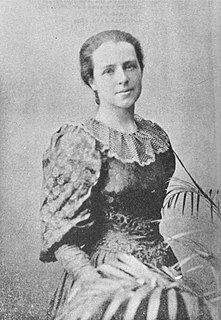A Quote by Thomas Paine
If anything had or could have a value equal to gold and silver, it would require no tender law; and if it had not that value it ought not to have such a law; and, therefore, all tender laws are tyrannical and unjust and calculated to support fraud and oppression.
Related Quotes
Back in 1960, the paper dollar and the silver dollar both were the same value. They circulated next to each other. Today? The paper dollar has lost 95% of its value, while the silver dollar is worth $34, and produced a 2-3 times rise in real value. Since we left the gold standard in 1971, both gold and silver have become superior inflation hedges.
The law is equal before all of us; but we are not all equal before the law. Virtually there is one law for the rich and another for the poor, one law for the cunning and another for the simple, one law for the forceful and another for the feeble, one law for the ignorant and another for the learned, one law for the brave and another for the timid, and within family limits one law for the parent and no law at all for the child.
Life is legal tender, and individual character stamps its value. We are from a thousand mints, and all genuine. Despite our infinitely diverse appraisements, we make change for one another. So many ideals planted are worth the great gold of Socrates; so many impious laws broken are worth John Brown.
Society today is no longer in revolt against particular laws which it finds alien, unjust, and imposed, but against law as such, against the principle of law. And yet we must not regard this revolt as entirely negative. The energy that rejects many obsolete laws is an entirely positive impulse for renewal of life and law.
































